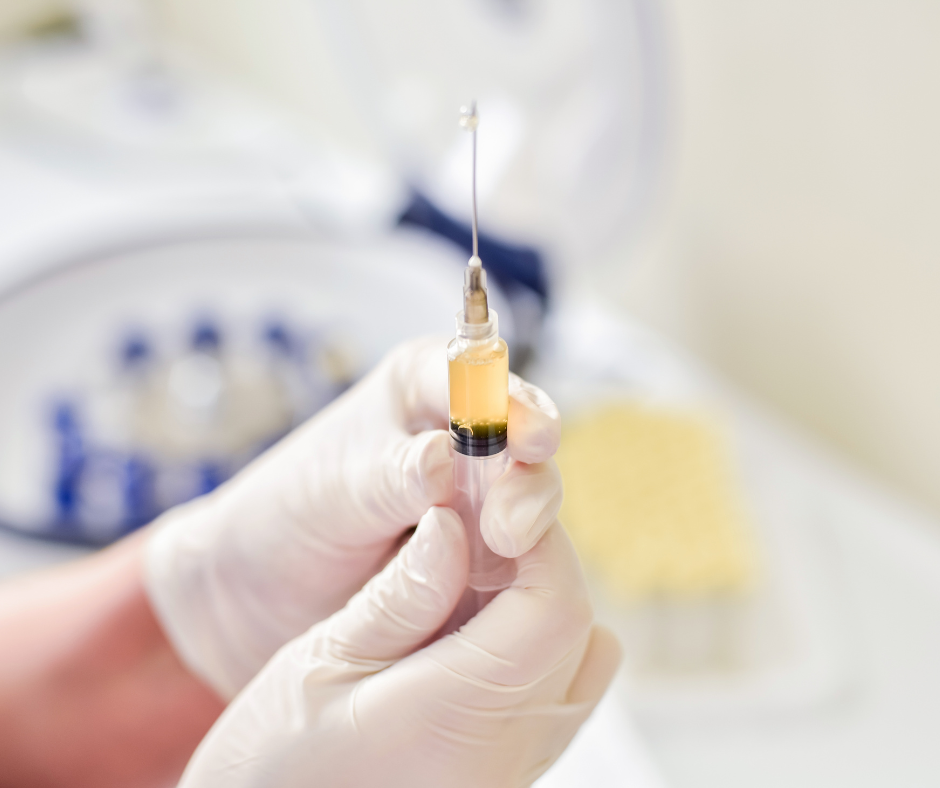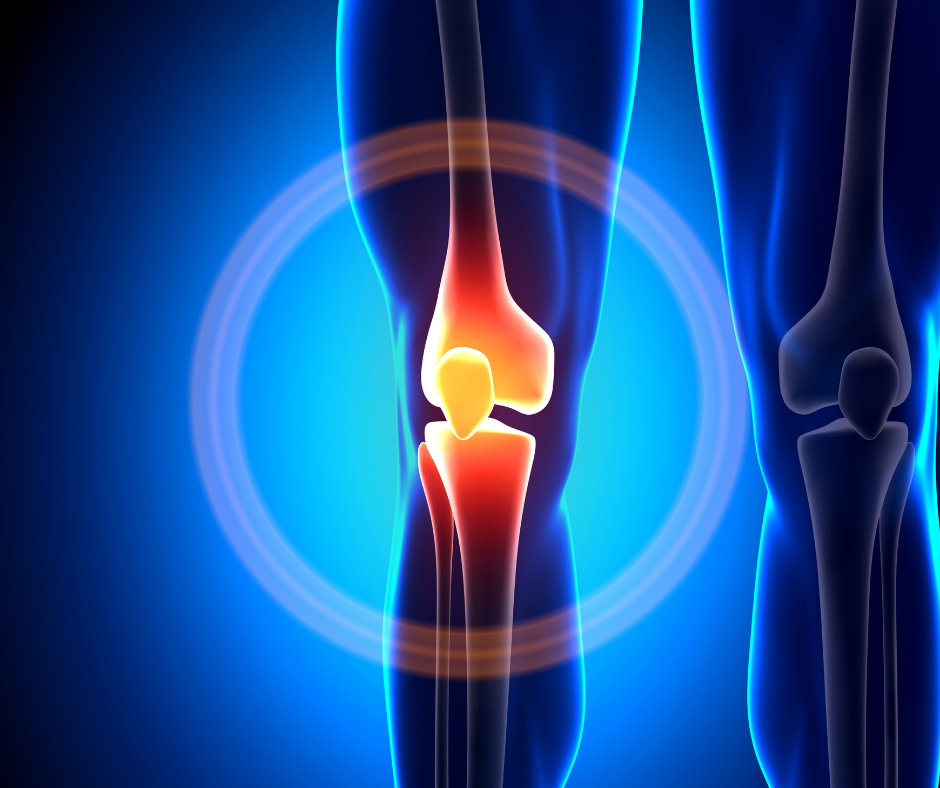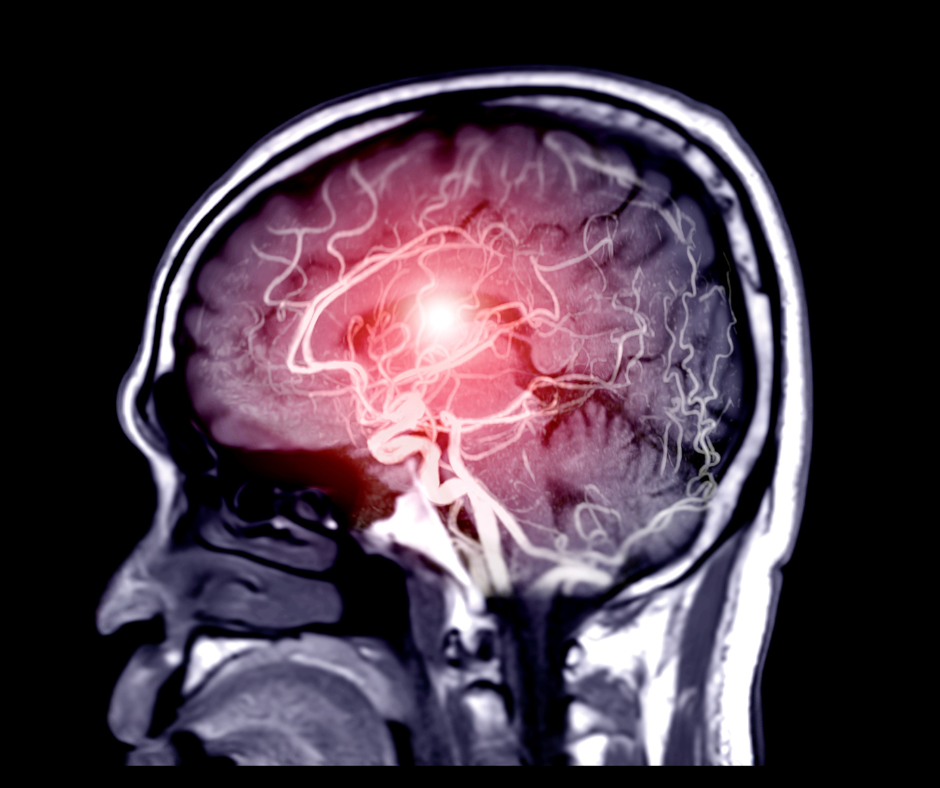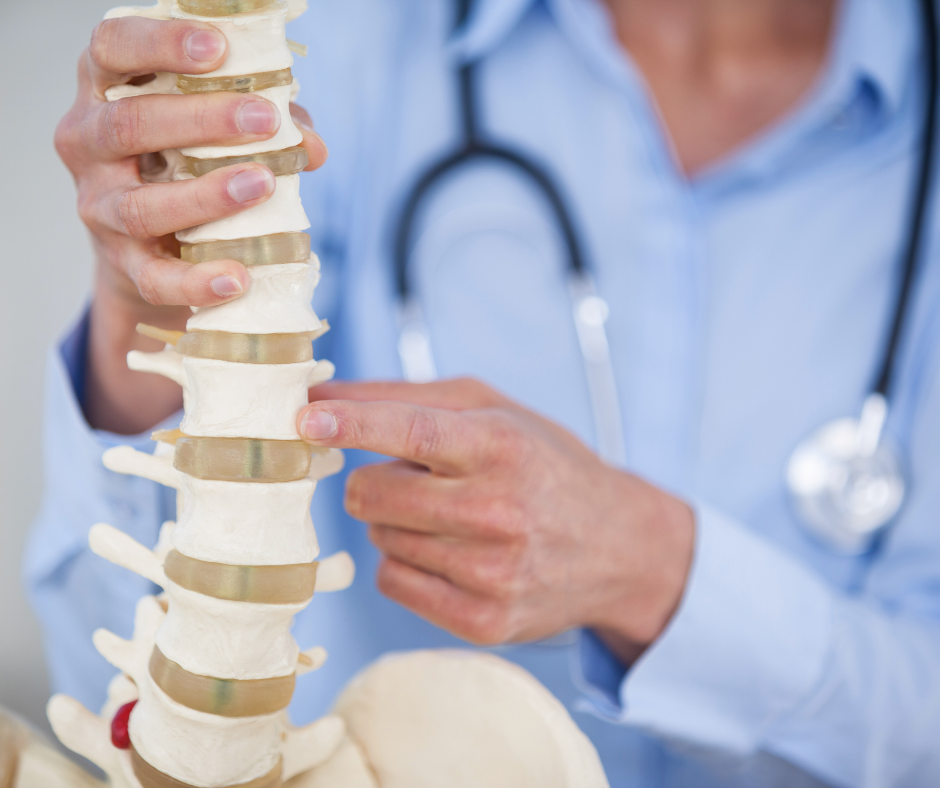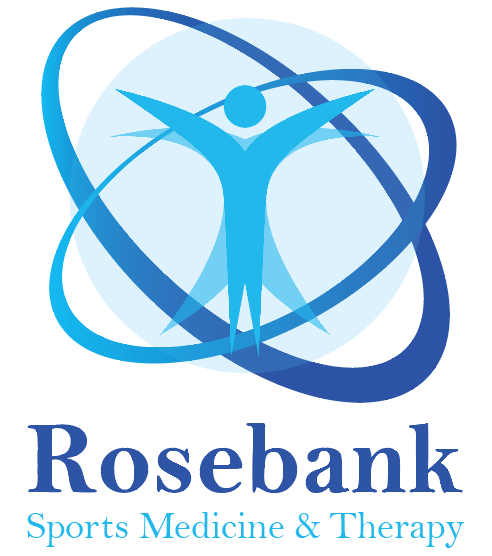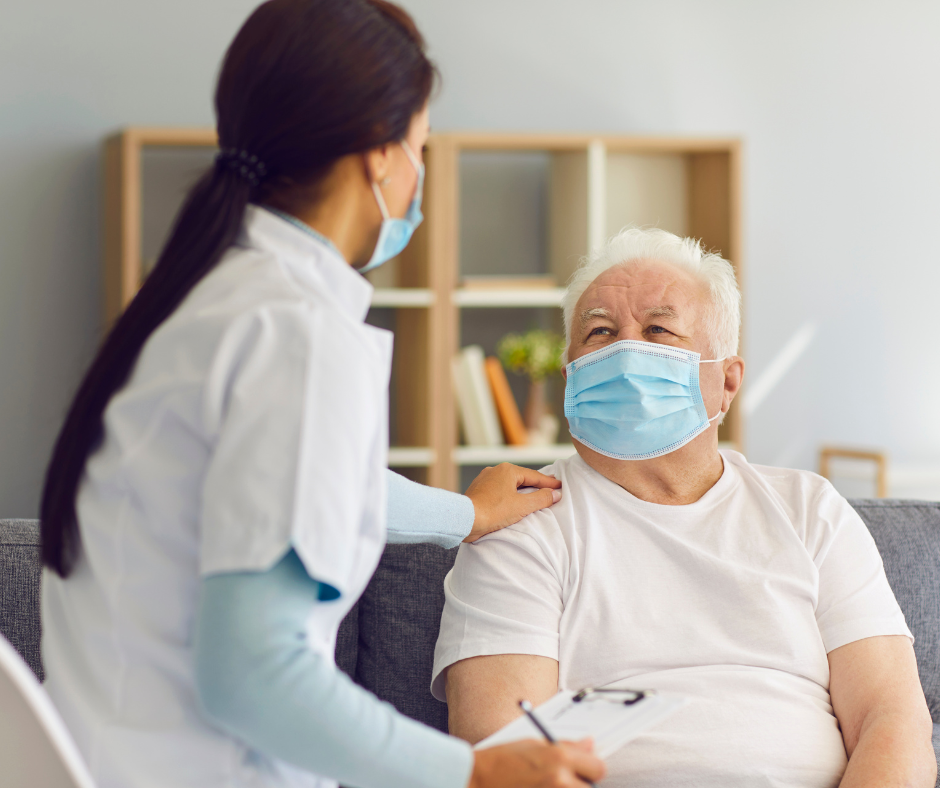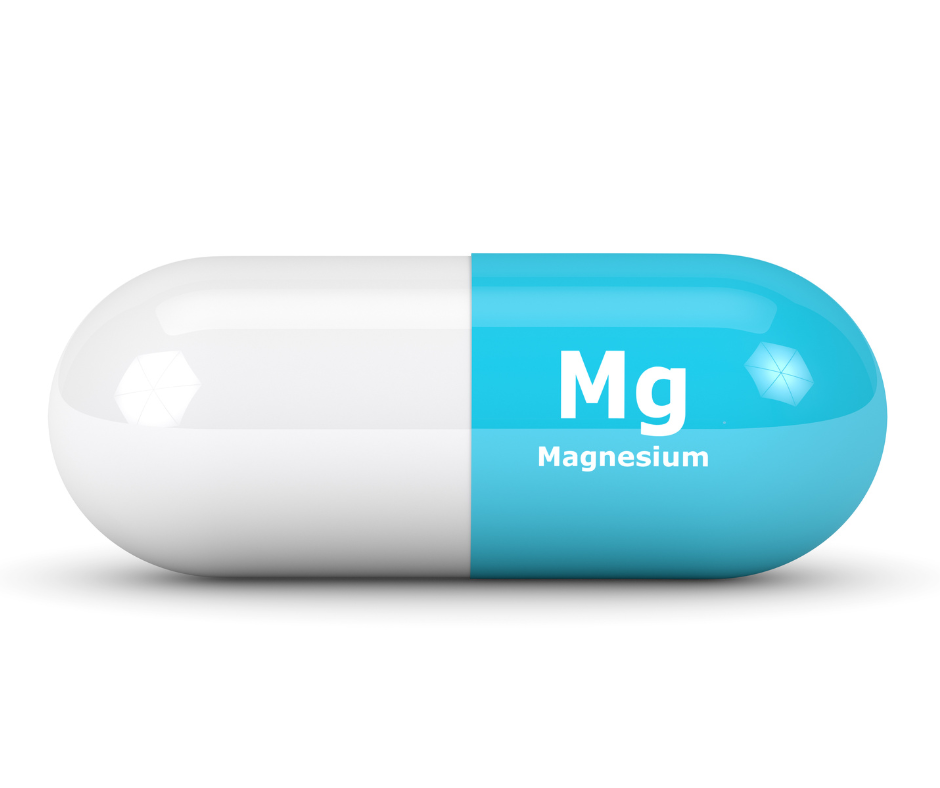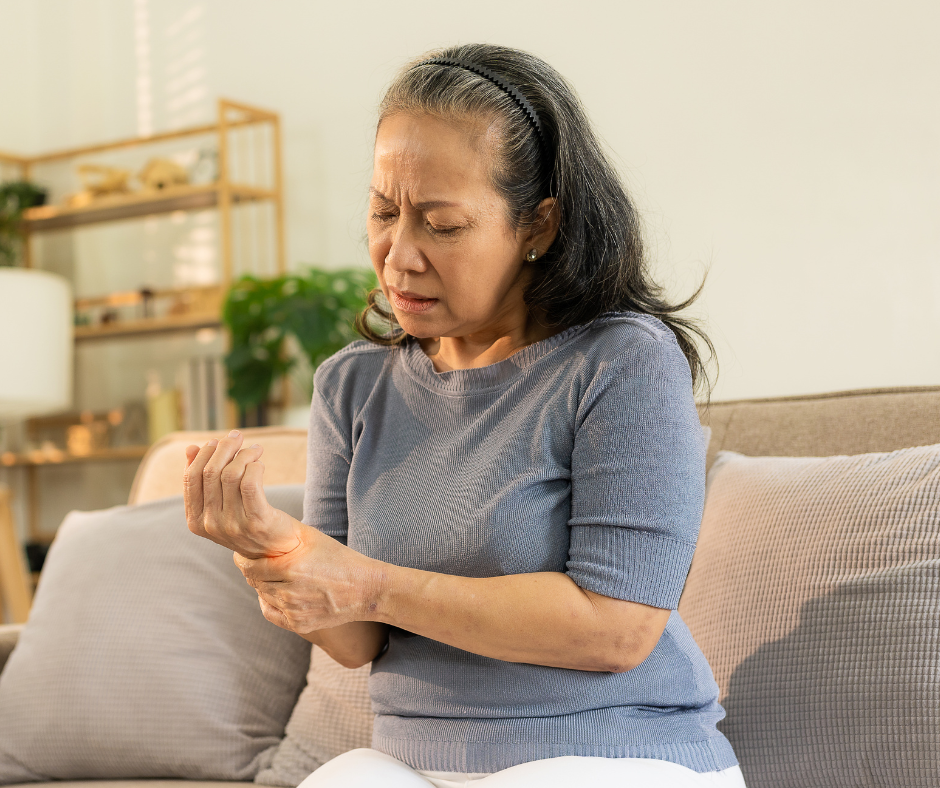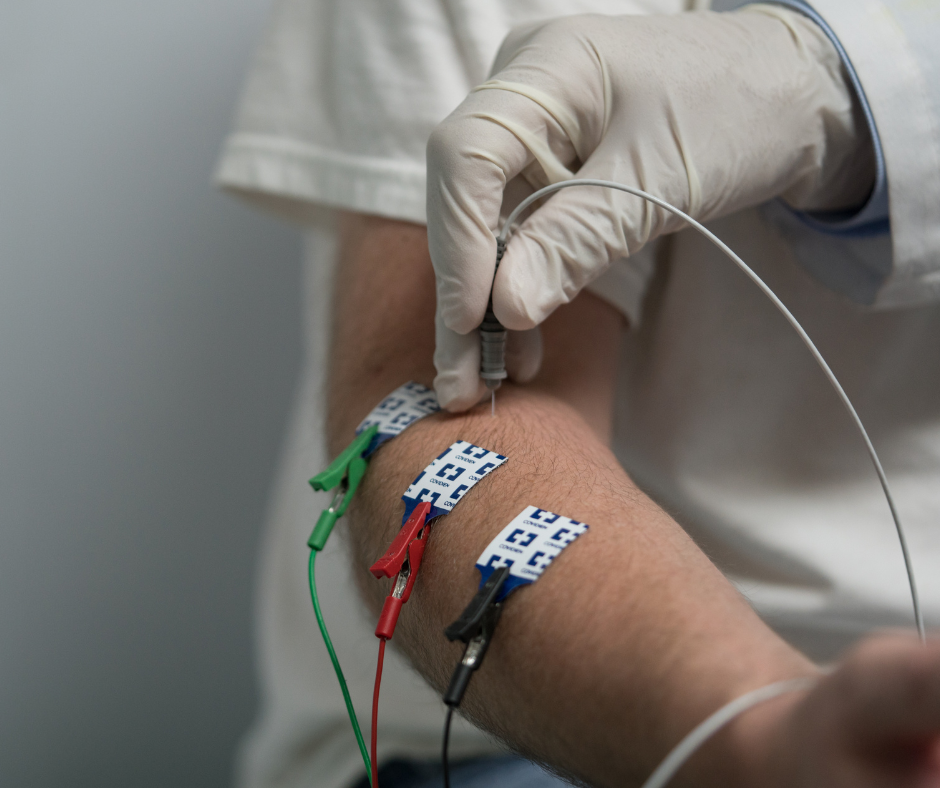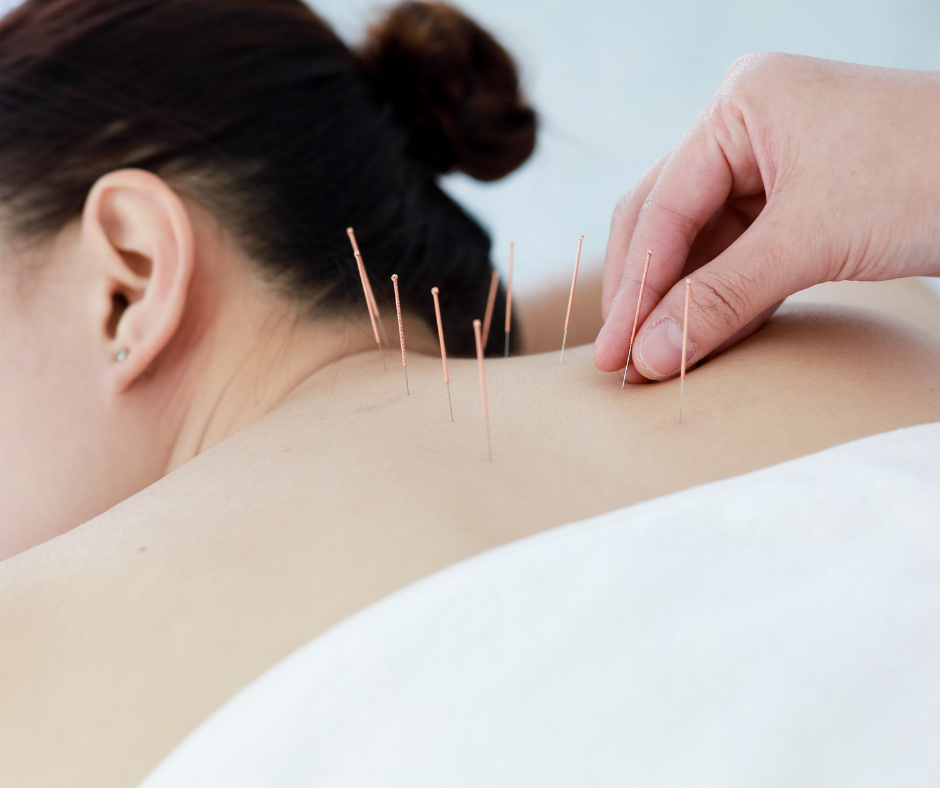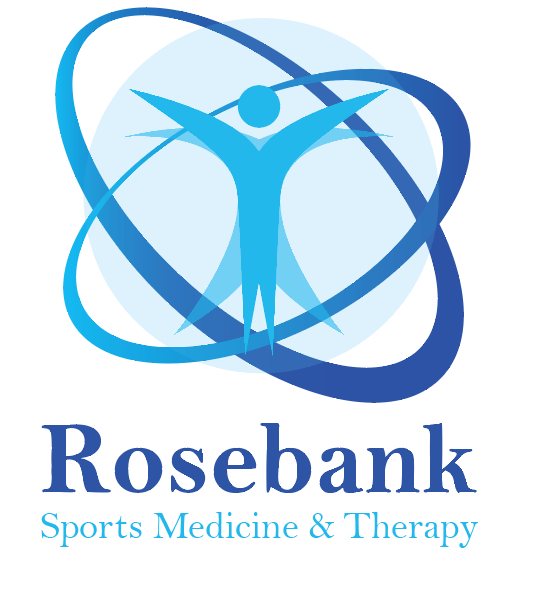Hemiplegic Shoulder Pain Treatment at Rosebank Sports Medicine
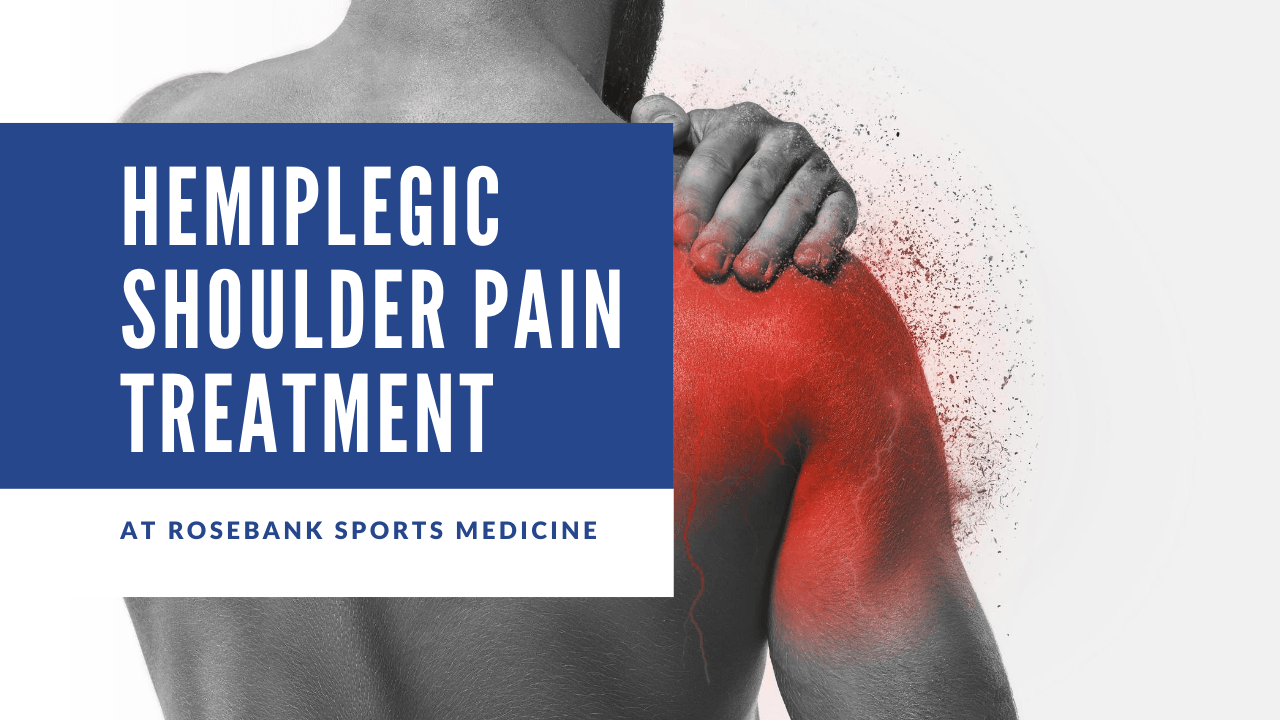
Positioning Aids
Positioning aids such as Kinesio taping are vital in the betterment of HSP. The tape can reduce mechanical retention and restriction of movement. When prescribed, wearing kinesio tape once usually lasts 3-4 days. A study involving 21 patients found that patients with HSP had greater reductions in pain and improved flexion in the shoulders along with external and internal rotations after 3 weeks of kinesio taping.
Physical Therapy
Physical therapy is an integral part of recovering after a stroke, especially with HSP as an additional symptom. Therefore, passive range of motion (PROM) should begin as soon as the patient is medically stable. When physical therapy is administered for 30 minutes a day, 5 times a week, for 4 weeks, patients have had significantly less pain and increased ability in shoulder movement. Physical therapy is also tailored to the patient and other exercises will aid in stabilization and neuromuscular re-education.
Electrical Stimulation
Electrical nerve stimulators, such as TENS, provide an external electrical stimulus to the affected limb, in turn, decreasing pain. At higher intensities, the electrical impulses activate muscles to prevent atrophy. Compared to PT only, patients have shown maintained improvement of pain for 12 weeks after intervention. Here at Rosebank Medical Center, we have a multitude of different electrical nerve stimulators that can fit your needs and allow you to tailor your treatment to what is right for you.
Injection Therapy
Injection therapies such as PRP (platelet-rich plasma) has been proven to help tendinopathy and osteoarthritis of the knee and can also help HSP. This is done by taking a few vials of your own blood and injecting the concentrated platelets into injured sites so you can heal your own body. Hyaluronic acid is also proven to have improvement in the relief of hemipeligic shoulder pain, especially when it comes to nocturnal pain. Nerve blocks are also another option for treating hemipeligic shoulder pain and are shown to improve pain and range of motion, especially when combined with physical therapy.
Acupuncture
Acupuncture is thought to release neurohormones to relieve pain by stopping pain signals in nerves and increasing energy flow throughout the body. While acupuncture should not be the sole treatment for HSP, it is shown to improve pain and range of motion when used with other therapies and treatments.
Surgery
Surgery is considered a last resort for patients with HSP. This is usually considered when other management modalities have failed. In surgery, procedures include manipulation under anesthesia, muscle and tendon lengthening, and spinal cord stimulator placement.
A minimally invasive option is a Percutaneous Peripheral Nerve Stimulator (PNS). PNS provides intramuscular nerve stimulation via a needle to directly treat the affected area. Studies have shown significant improvement in patients that have used PNS versus those that just used physical therapy.
Here at Rosebank Medical Center, we have a multitude of options when it comes to treating hemiplegic shoulder pain, so that patients can have improvement in pain and are able to regain function and independence.
